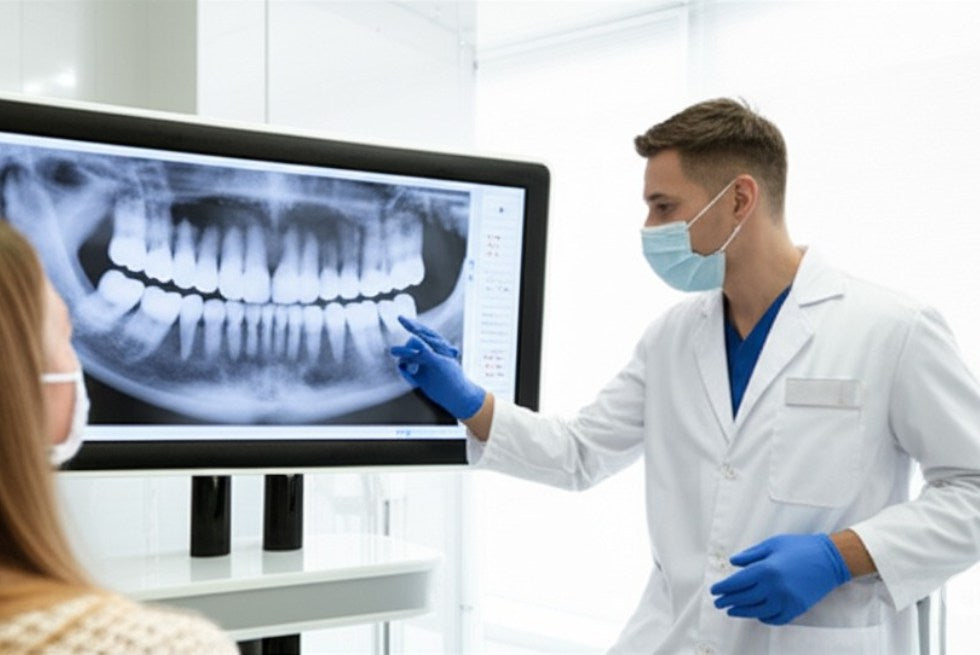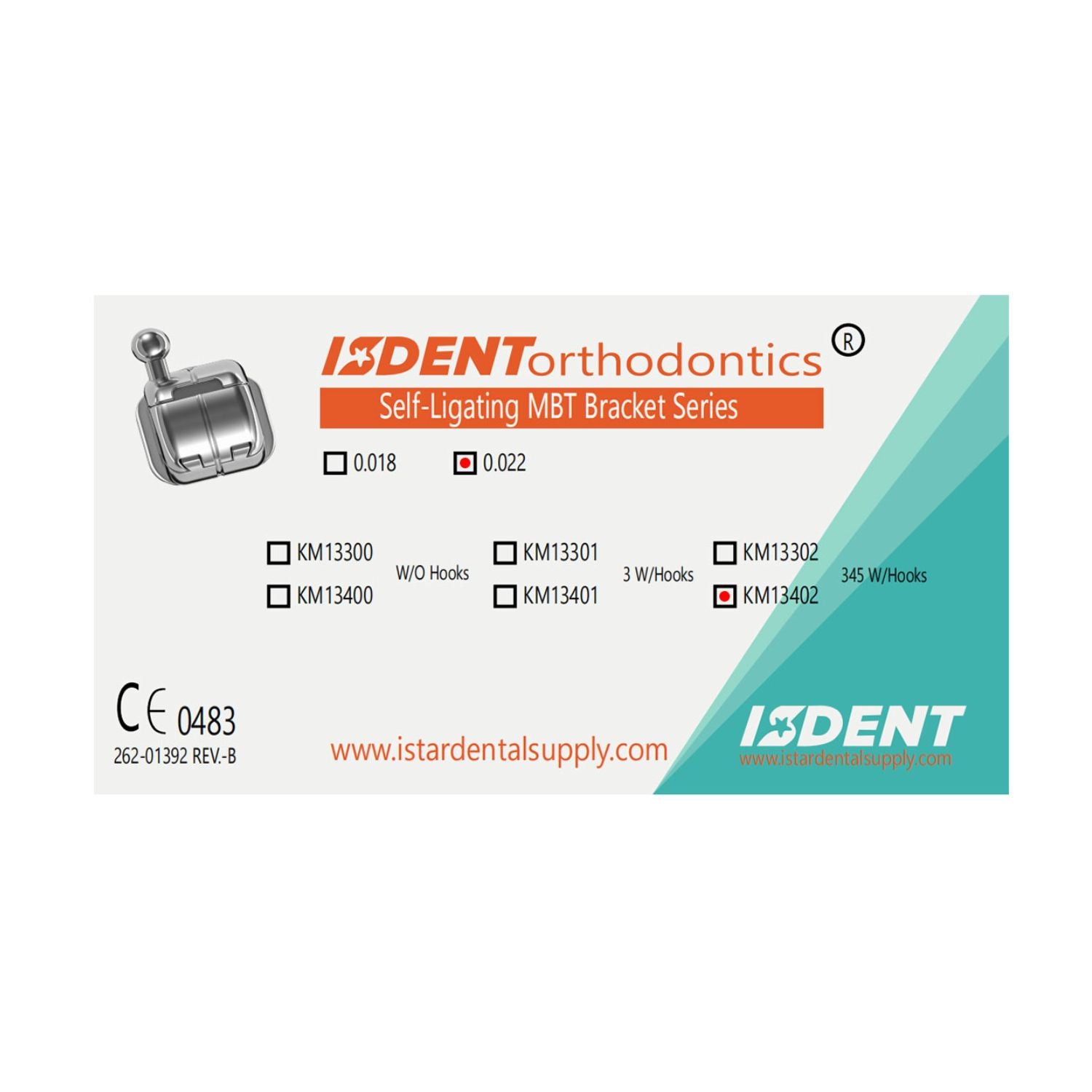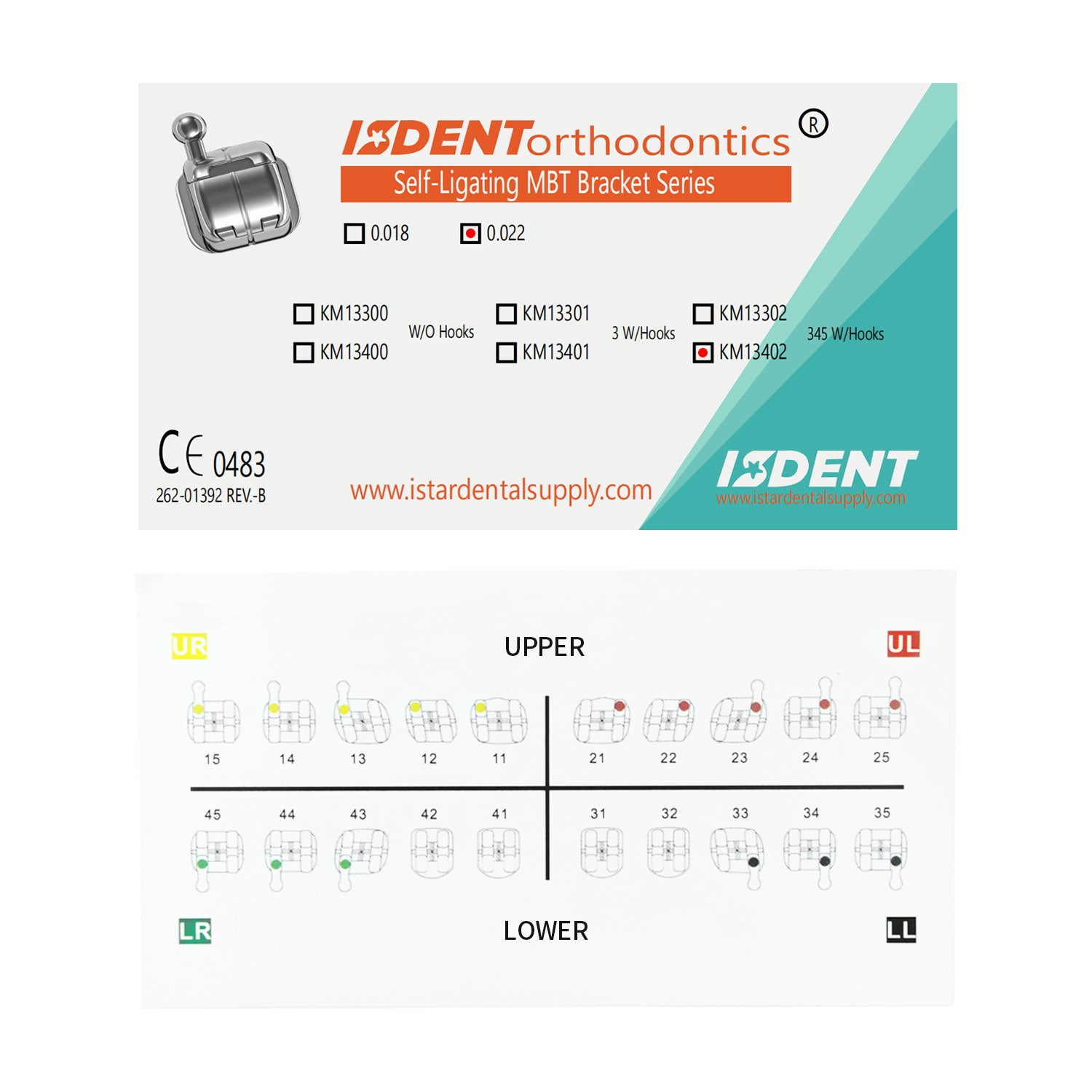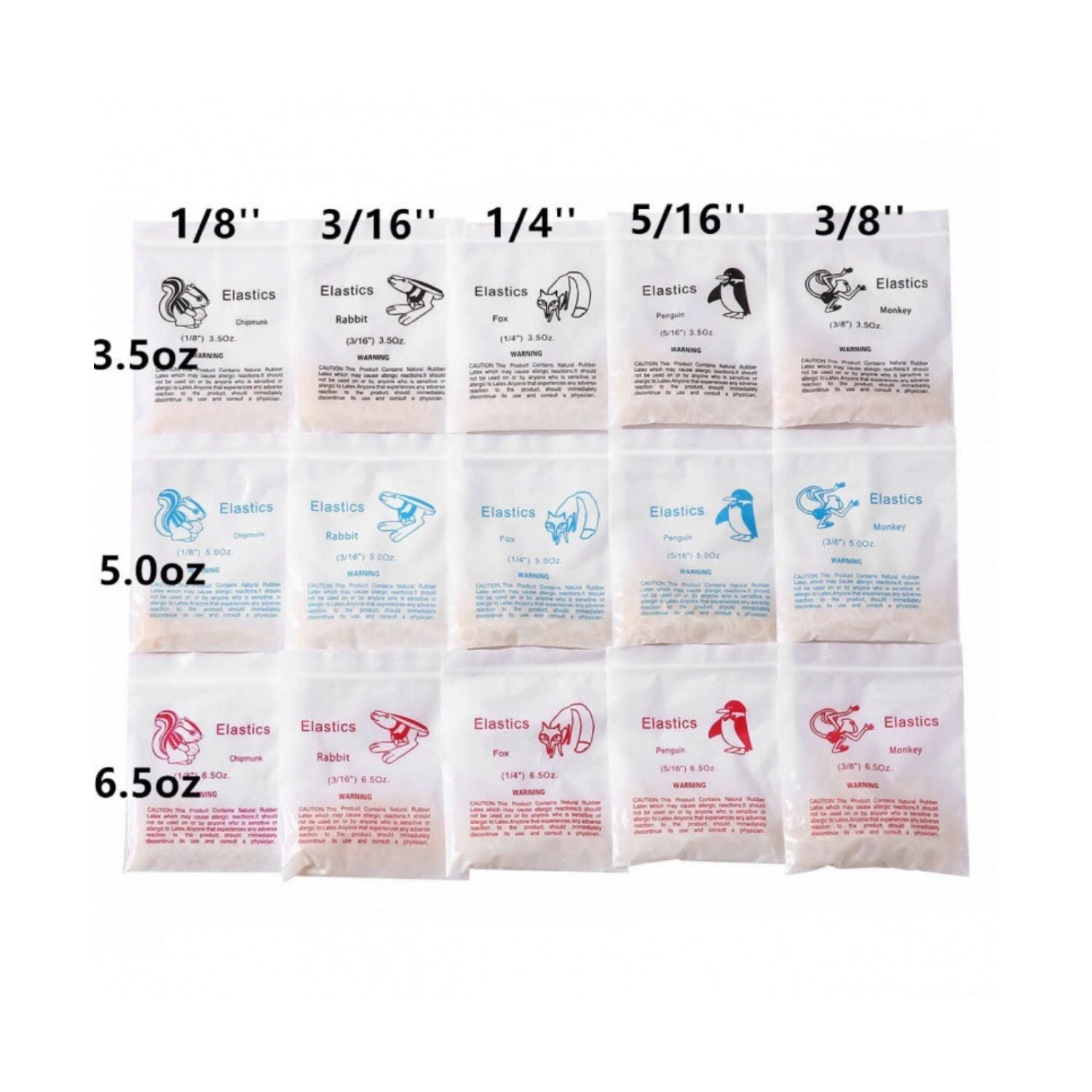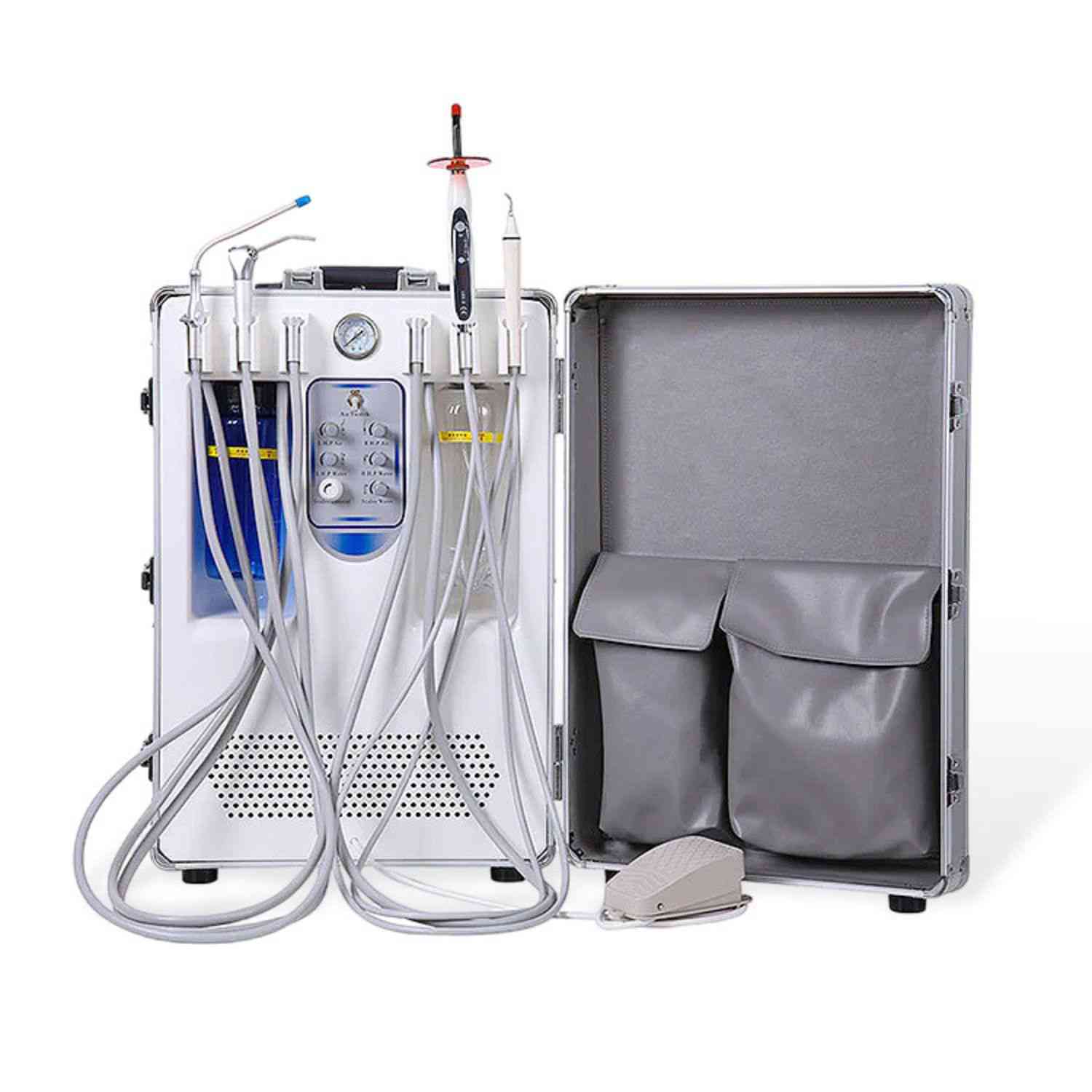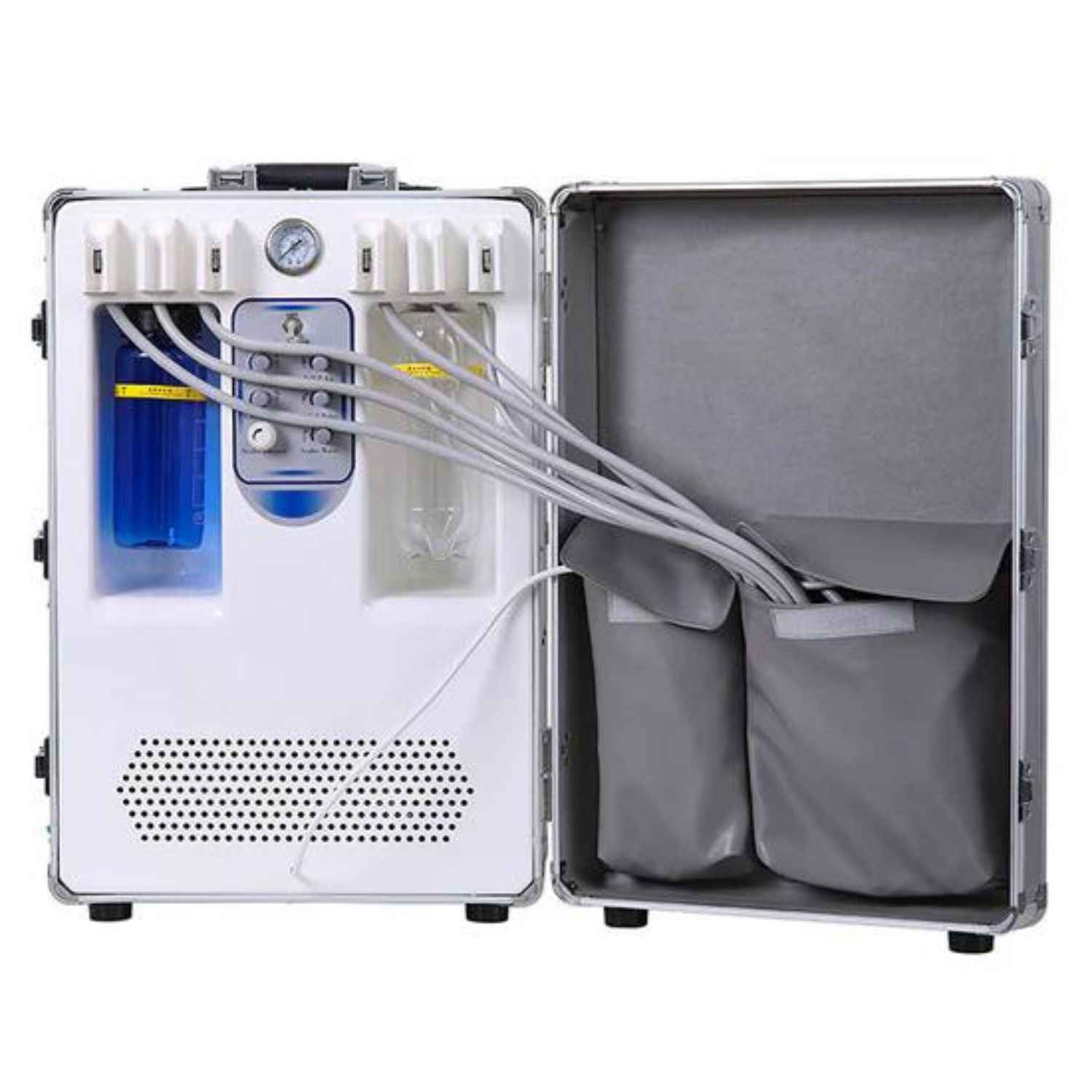How Many Hours Do Dentists Work? The Truth About a Dentist's Work-Life Balance
I once asked my own dentist how he finds time for his family. He laughed and said, "It's all about the schedule." Many people think being a dentist means a simple 9-to-5 job. They think you see patients, go home, and that’s it. But that's not the whole story. The real life of a dentist involves a delicate balance between patient care, running a business, and having a personal life. In this article, I’ll pull back the curtain on a dentist’s work hours. You'll learn the real number of hours a dentist works, what their day looks like, and how they can achieve a good work-life balance. If you're thinking about a career in dentistry or just curious, this is for you.
What Is the Average Work Week for a Dentist?
People often ask me, "How many hours do dentists work?" The simple answer is that most dentists work approximately 32 to 36 hours per week. A report from the Dental Association supports this. But this number can be misleading. It often only counts the time a dentist spends with patients. This is what we call clinical hours. It does not include the extra time spent on running the business.
The truth is, the life of a dentist is more than just seeing patients. The weekly workload includes many other things. A dentist might see patients for 35 hours per week, but they may spend another 5 to 10 hours on other tasks. These tasks can include reviewing patient files, managing staff, ordering supplies, and marketing. So, while the chair-side time seems low, the total time a dentist works is often much higher. This is one of the most important aspects of understanding the job. A dentist needs to find a good balance to manage everything.
Do Most Dentists Work More Than 40 Hours a Week?
It’s a common belief that to be successful, you must work full-time, which usually means 40 hours or more. In dentistry, this is not always true. Many successful dentists have found a way to create a work schedule that is less than the standard 40-hour week. In my experience, I've seen many dental professionals who work just 4 days a week. This gives them a three-day weekend to rest and spend time with family.
However, owning a dental practice can change things. A dentist who owns their own business may work more hours, especially in the beginning. They are not just a healthcare provider; they are also a business owner. This means they are responsible for everything, from hiring a good hygienist to paying the bills. On the other hand, a dentist working for corporate dental chains might have a more fixed schedule. They can often leave work at the end of the day and not think about it until the next morning. The key is that the career offers choices for a better work and life balance.
How Do Clinical and Administrative Tasks Affect the Workday?
A dentist's day is split into two main parts. The first part is patient care. This is when the dentist is actively working with patients. They diagnose problems, fill cavities, and perform other treatments. These are the clinical hours that most people see. A typical appointment can last from 30 minutes to over an hour. A dentist might have a full schedule of patients lined up one after another.
The second part is the administrative work. This is the "behind the scenes" work that keeps the practice running. After the last appointment of the day, a dentist might stay late to review charts. They also need to manage their staff, like the hygienists and assistants. There are also bills to pay and supplies to order. These administrative tasks add a lot of time to the workday. A good dentist learns how to balance both sides of the job. Some dentists are able to delegate these tasks to an office manager or administrative staff, which helps them to focus more on their patients.
Does Owning a Private Practice Change How a Dentist Works?
Yes, owning a private practice has a huge impact on a dentist's work hours. When you are the owner, you are the boss. This gives you a lot of freedom. You get to set your own business hours. You can decide to work 4 days a week or 5 days a week. You can choose to close early on Fridays. This control is a big reason why many dentists choose to open their own dental practice. They want to build a career that fits their life, not the other way around.
However, this freedom comes with a lot of responsibility. As the owner, the success of the practice rests on your shoulders. This can lead to high levels of stress. You might find yourself working on weekends or after hours to catch up on paperwork. I know a dentist who spent his first two years as an owner working every Saturday just to build his business. So, while you have more control, a practice owner's workload is often heavier. A dentist in private practice needs great practice management skills to find a healthy balance.
What About a Specialist? Do Their Work Hours Differ?
The world of dentistry is big. Beyond general dentists, there are many types of specialists. For example, oral surgeons perform complex surgeries, while orthodontists straighten teeth. Being a specialist can change your work schedule. Specialists often work on a referral basis. This means other dentists send patients to them for specific treatments. Their schedule can be less predictable than that of a general dentist. They might have fewer but longer appointments.
Because their skills are in high demand, a specialist may have more control over their hours per week. They might work fewer days but have very busy days when they are in the office. For instance, an endodontist might only do root canals. They can become very fast and efficient at this one thing. This allows them to see a good number of patients in a shorter amount of time. This can lead to excellent work-life balance, but it takes many extra years of dental school and training to become a specialist. It’s a trade-off that many find worthwhile for their professional life.
Can a Dentist Really Find a Healthy Work-Life Balance?
Absolutely. I believe that dentistry is one of the best professions for achieving a good work-life balance. But it doesn't happen by accident. A dentist has to be very intentional about it. They have to actively prioritize their personal life just as much as their professional one. This means making a clear separation between work and home. When you leave the office, you need to leave the work behind.
To find this balance, a dentist must set boundaries. This could mean deciding not to take emergency calls after a certain hour. It could mean blocking out time in the daily schedule for lunch or a short break. Many practices often stay open late one night a week to help patients who work during the day. This is a good service, but the dentist needs to make sure it does not take over their life. The goal is to build a successful practice without making a compromise on health and happiness. A healthy work-life balance is key to long-term career satisfaction.
How Can Practice Management Improve Your Work Hours and Productivity?
Good practice management is the secret to a better work-life balance as a dentist. It’s all about working smarter, not harder. When you optimize your processes, you can get more done in less time. This means you can see the same number of patients and make the same income while working fewer hours. I've seen many dentists transform their lives by focusing on this.
So, what does this look like? It means using technology to streamline tasks. For example, online booking can save your staff time on the phone. It means training your team well. A great hygienist and a skilled assistant can make each appointment run smoothly. This increases productivity. It also means you need to delegate tasks. A dentist shouldn't be trying to do everything. Let your administrative staff handle the billing and scheduling. This will help dentists to focus on what they do best: taking care of patients. These strategies really help dentists control their schedule.
Here is a simple checklist to help improve practice management:
|
Area of Focus |
Action to Take |
Goal |
|
Scheduling |
Use software to allow online booking. |
Reduce phone calls and fill schedule gaps. |
|
Staffing |
Train your hygienist and assistants well. |
Increase efficiency during each appointment. |
|
Tasks |
Delegate administrative tasks to staff. |
Free up the dentist's time for patient care. |
|
Technology |
Use digital x-rays and patient files. |
Streamline patient visits and record keeping. |
|
Communication |
Have regular team meetings. |
Make sure everyone knows their role. |
Are Flexible Schedules and Part-Time Work an Option in Dentistry?
Yes, they are. Dentistry is a very flexible career. This is great news for anyone who wants to work part-time or needs a non-traditional schedule. Many dentists choose to work only a few days per week. This is especially common for dentists who are raising a family or nearing retirement. They can still have a rewarding career without the stress of a full-time workload.
There are many ways to do this. A dentist could work for a larger clinic that needs someone to cover a few days. Or, two dentists could share a private practice, with each one working two or three days. I know a dentist who works as a temp, filling in at different offices when their regular dentist is on vacation. This gives her total control over her schedule. These flexible schedules show that a career in dentistry can be what you make it. You can build a successful professional life that doesn't force you to give up your personal and professional balance.
Why Is It So Important for a Dentist to Avoid Burnout?
Burnout is a serious problem in any demanding career, and dentistry is no exception. A dentist spends their day in high-concentration situations. They do precise work while managing patient anxiety. It can be physically and emotionally draining. If a dentist works too many hours without a break, they can start to feel exhausted and lose their passion for the job. This is bad for the dentist and their patients.
To avoid burnout and ensure long-term success, a dentist needs to prioritize self-care. This means getting enough sleep, eating well, and exercising. It also means taking vacations and having hobbies outside of dentistry. A good dentist knows that they need to take care of themselves to provide the best patient care. It’s about creating a sustainable career. You want to still love being a dentist 20 or 30 years after you graduate from dental school. A good work-life balance is not a luxury; it is a necessity.
If I Want to Learn More, What Should I Know About a Dentist's Life?
If you want to learn more, remember that being a dentist is more than a job. It is a lucrative profession that allows you to help people every single day. But it's also a challenging career that requires a strong commitment to learning and a good sense of balance. The number of hours a dentist works can vary a lot. It depends on their choices. Do they own a practice? Are they a specialist? Do they prioritize a flexible schedule?
The key is that you have options. You can design a life in dentistry that works for you. You can work each week for 4 days and have a long weekend. You can build a large practice or work in a quiet, small town. You can focus on clinical work or get involved in professional development and teaching. The most important thing is to be proactive. You need to decide what you want your personal and professional life to look like and then build a plan to achieve a good balance. The best dentists I know are not just great at their craft; they are great at living a full life.
Key Takeaways to Remember
-
Average Hours: Most dentists work about 32-36 clinical hours a week, but their total work hours are often higher due to administrative tasks.
-
Ownership Matters: Owning a private practice offers more control over your schedule but also comes with more responsibility and often longer hours.
-
Balance is a Choice: Achieving a good work-life balance is possible in dentistry, but you must actively plan for it. You have to set boundaries and prioritize your personal time.
-
Flexibility is a Feature: Dentistry offers options for part-time work and flexible schedules, making it a great career for balancing work with family and other interests.
-
Manage Your Practice: Smart practice management can help you streamline your workday, improve productivity, and reduce your overall workload.
-
Avoid Burnout: Taking care of yourself is crucial for a long and happy career. Don't let the demanding career lead to burnout. Set aside time for rest and hobbies.

